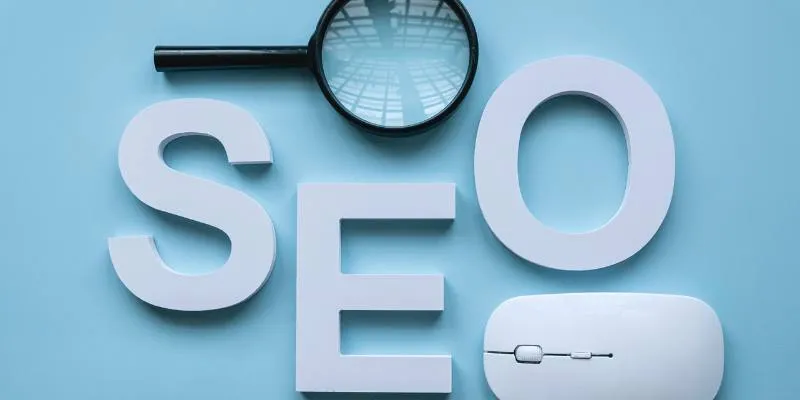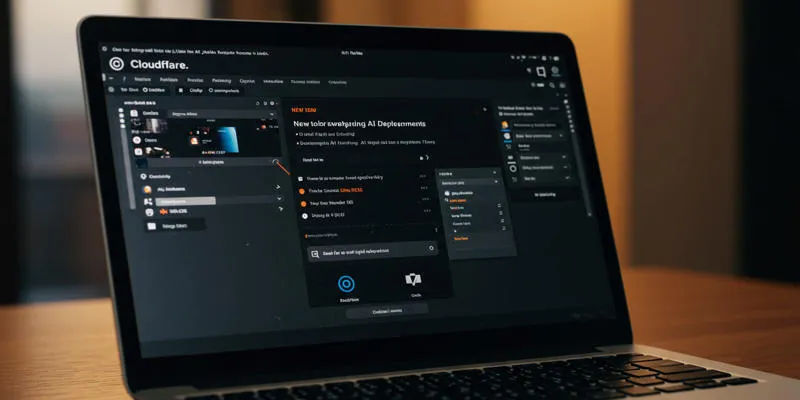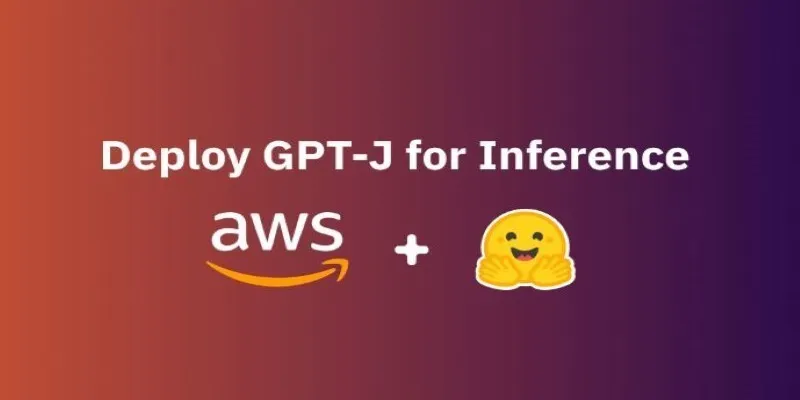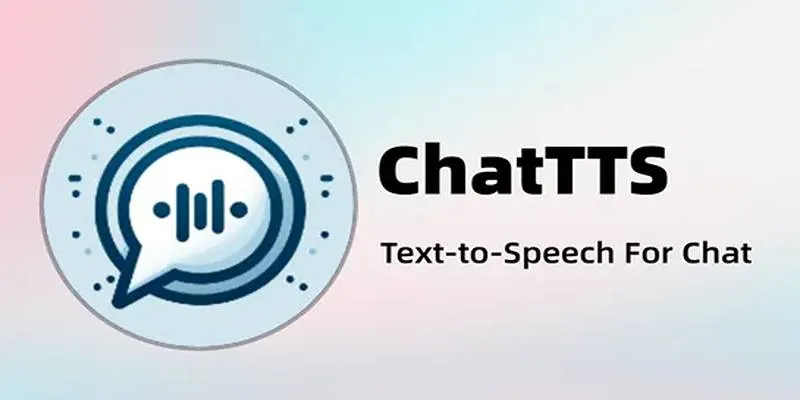In today’s fast-paced digital environment, developing artificial intelligence software is only half the battle. Ensuring your software stands out in a saturated digital landscape is challenging. With thousands of apps launching daily, your AI app must have an excellent online presence. This is where SEO for AI applications becomes essential. Enhancing your app’s content and pages can increase its search engine ranking, helping prospective customers easily find your app when searching for solutions related to artificial intelligence.
Every stage, from technical SEO to keyword research, enhances visibility. Even the most innovative artificial intelligence applications can go unnoticed without effective SEO. By implementing sophisticated SEO techniques, you place your app ahead of competitors, increasing downloads and user engagement.

Understanding SEO for AI Applications
Search engine optimization, or SEO, involves enhancing web presence. SEO ensures users can quickly find AI apps by helping them rank higher on search engines. Strong SEO enables apps to appear first when someone searches for the “best AI productivity app” or “top AI image enhancer.” SEO for AI applications aims to align your app with the terms consumers search for, requiring an understanding of user intent, search pattern analysis, and subsequent optimization.
Keywords, meta descriptions, and app store optimization are crucial in this process. Additionally, a well-optimized app website or landing page provides search engines with clear, relevant information about your app’s purpose. Without effective SEO, your app can easily be overshadowed by competitors who have invested in optimization. Learning and applying SEO techniques ensure your app stands a chance in the competitive AI market.

Keyword Research and Implementation for AI Apps
Every effective SEO campaign begins with keyword research, especially for AI apps in competitive industries. The first step is understanding how consumers search for solutions your app provides. What phrases do they type into Google or app stores when looking for apps like yours? Tools like Google Keyword Planner or Ahrefs can help identify relevant search terms. Focus on long-tail keywords, such as “AI app for document scanning,” rather than general ones like “AI app.” These specific keywords attract more qualified users ready to download.
Once you have your keyword list, strategic implementation is next. Integrate keywords naturally into headings, meta descriptions, titles, and page content. Avoid keyword stuffing, as it can lower rankings. Use variations that fit natural language queries instead. Including keywords in image alt text, app descriptions, and URLs enhances relevancy and helps search engines rank your pages.
On-Page Optimization for AI App Websites
On-page SEO aims to optimize individual pages to rank for target keywords. Excellent on-page SEO is crucial for your AI software’s landing page or website. Begin with headings that match search intent and clear, keyword-based page titles. The content should provide insightful and valuable responses to consumer questions. Ensure each page’s meta description offers a succinct summary that encourages clicks from search results. Visual elements matter too; optimize images for speed and include descriptive alt text with relevant keywords.
Navigation should be intuitive. Search engines and visitors should easily find important pages. Since many app-related searches occur on smartphones, mobile- friendliness is essential. Loading speed also affects rankings; slow sites frustrate users and reduce search visibility. Finally, keep content fresh with regular updates. Well-optimized, easily navigable pages significantly increase your AI app’s chances of ranking highly in search engines.
Technical SEO Considerations for AI App Visibility
Technical SEO ensures search engines can easily find, crawl, and index your AI application’s website. Submitting your sitemap to Google Search Console helps crawl all essential pages initially. Additionally, a clean URL structure helps search engines understand your content hierarchy. URLs should be straightforward, relevant, and include target keywords when appropriate. Both user experience and rankings heavily depend on website speed, so optimize performance by compressing images, minimizing code, and choosing reliable hosting.
Google’s mobile-first indexing means your site must be mobile-friendly to rank well. Regularly check for broken links, 404 errors, or problematic redirects. Including structured data—schema markup—helps search engines better understand your content. For example, tagging your app, like a photo editor, with schema clarifies its intended use. Technical SEO is the foundation upon which your keyword and content efforts succeed.
Content Marketing to Enhance AI App SEO
Content marketing provides valuable material that attracts organic visitors, complementing the SEO strategy of your AI app. Creating blog posts, case studies, and tutorials focused on your product’s features or solving user problems can help readers naturally find you. Address search intent by answering common questions like “How does AI improve productivity?” or “Best AI apps for small businesses.” Naturally incorporate target keywords within the content to avoid forced placement.
Visuals, infographics, or demo videos boost engagement and dwell time—factors search engines favor. Regular publishing signals search engines that your site is current and relevant. Don’t rely solely on organic traffic; extend reach by promoting content through social media and industry forums. Well-crafted content also gradually generates backlinks, enhancing your website’s authority. Effective distribution paired with strong, informative content ensures your AI app remains visible in search results long after its launch.
Off-Page SEO and Backlink Strategy for AI Apps
Off-page SEO involves efforts outside your website to boost search visibility. Building a strong backlink profile—links from reputable websites pointing to yours—is crucial. Backlinks serve as trust signals of credibility to search engines. For AI apps, focus on acquiring links from reputable tech blogs, AI review sites, or industry leaders. Guest blogging, press release distribution, and influencer collaboration generate quality links. Listing your app in reputable app directories also extends reach.
Search engines penalize manipulative tactics; therefore, avoid purchasing low- quality or irrelevant backlinks. Use tools like Ahrefs or Moz to regularly check your backlink profile and disavow harmful links if necessary. A consistent flow of quality backlinks signals to search engines that your app is trustworthy and useful, improving rankings over time. Strong on-page SEO and off-page efforts complete your app’s SEO strategy.
Conclusion
Launching your AI app is not enough to attract users. Effective SEO for AI connects your app with users actively seeking solutions and helps you stand out in competitive search results. By understanding search intent, using the right keywords, and technically optimizing your website, you build a robust SEO foundation. Regular content creation and quality backlink building further enhance your authority. These combined efforts increase awareness of AI apps and drive more organic downloads. Effective SEO ensures your innovative app receives the attention it deserves in a crowded market.
 zfn9
zfn9























